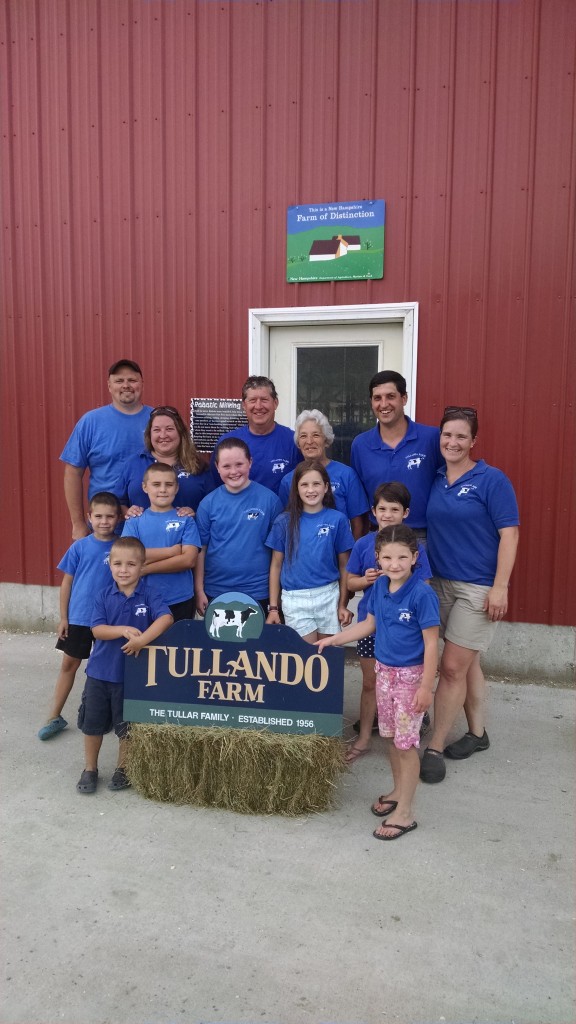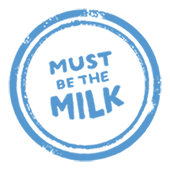
Tullando Farm was established in 1956 by George Tullar and today is home to a milking herd of 500 registered Holsteins and 650 acres of tillable land. Rendell, George’s son, and his wife, Karen, currently oversee day-to-day operations.
Tullando Farm is committed to improving cow comfort and milk quality, all while embracing new technology.
A new barn built in 2012 includes thermostatically controlled fans for more efficient air movement, which helps keeps cows cool and controls flies. Automatic rotating cow back scratchers were installed throughout the barn and have quickly become a cow favorite. The cows’ diet continues to be optimized to focus on improved cow health. In fact, over the years, the herd’s feed has included brewer’s grain, cranberry products, cookie meal, flour, ground chocolate, canola and bakery leftovers, with positive results in terms of herd health.
Constant improvement is in keeping with Tullando Farm’s commitment to quality. Patriarch George was one of the first dairy farmers in New England to build a free-stall barn (allowing cows to move around more freely) and milking parlor. Less than two decades ago the family added a new milking complex, which includes the barn and milking area, and free-stall barn updates with automatic manure scrapers and temperature-controlled curtains to regulate the temperature in the barns. Today, farm record-keeping is managed from a smartphone.
The farm is also the site of the first robotic milking operation in the state. Milking stations are located around the barn, and with very little effort, most of the herd has become accustomed to meandering over to a station when they would like to be milked. A little stash of grain keeps them fed and occupied as the laser-guided machine attaches to each teat and the machine does its work.
Ask Rendell about those robotic milkers and he’ll tell you they’re efficient mechanical marvels, the wave of the future. Cows are producing more milk, with an average of three milkings a day per cow, and he can track how much each cow produces via transponders on their collars. There’s no need to head to the barn at 3:30 each morning to get milkin’, and he and his crew are freed up to do other endless chores.
Rendell will also tell you the barn is strangely quiet these days. Any dairy farmer knows a quiet cow is a contented cow, but Rendell will admit to missing the moos and the lowing. He fell in love with dairying the first time he milked a cow, he says, “and I miss the hands-on. I did it for so many years, I really miss it.”
Still, Rendell spends more than enough time with his cows, since other chores keep him in the barn. “Luckily, we still need to be in there,” he says with a hearty laugh.
